Is Joe Biden To Blame For The Slowing Economy? A Deep Dive Analysis
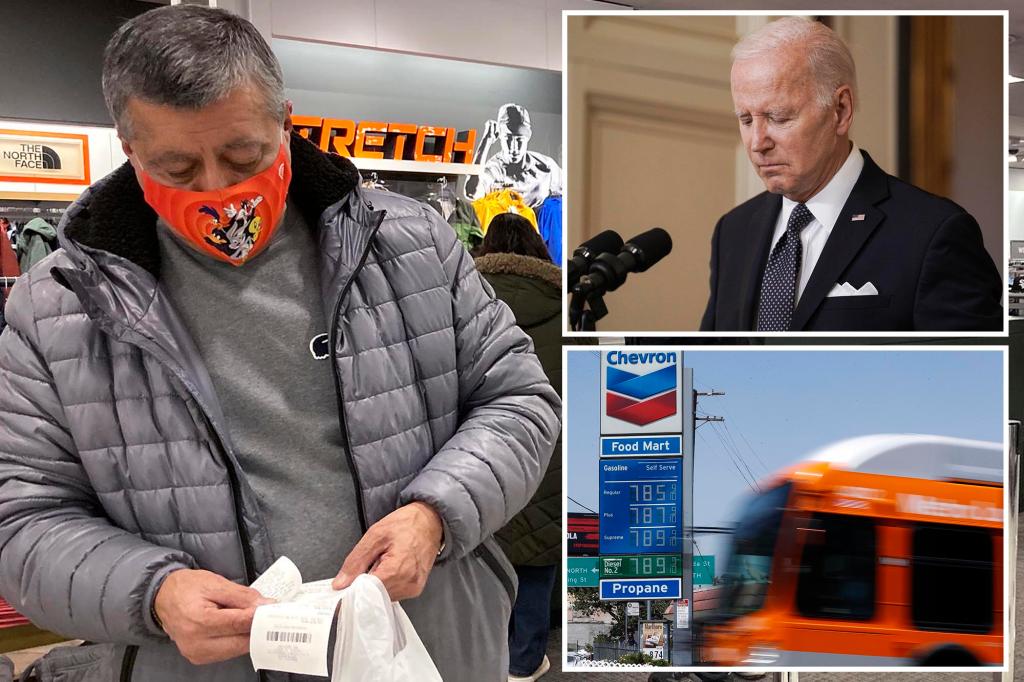
Table of Contents
Inflation and its Impact on the Biden Administration's Economic Performance
Rising Inflation Rates
Since President Biden took office, the U.S. has experienced a significant surge in inflation, impacting consumers nationwide. The Consumer Price Index (CPI) and Producer Price Index (PPI) have shown substantial increases, eroding purchasing power and impacting consumer confidence.
- Supply chain disruptions: The lingering effects of the COVID-19 pandemic caused major supply chain bottlenecks, leading to shortages of goods and increased prices.
- Increased energy prices: The war in Ukraine dramatically increased energy prices, significantly contributing to inflation across various sectors. The cost of gasoline, heating oil, and electricity all rose sharply, impacting household budgets.
- Impact on consumer spending and saving: Rising prices forced consumers to reduce spending on non-essential items, impacting business revenues and potentially leading to a slowdown in economic growth. Real wages, adjusted for inflation, also decreased for many, impacting consumer confidence and spending power.
Biden Administration's Response to Inflation
The Biden administration has implemented various measures to combat inflation, but their effectiveness remains a subject of debate. These responses include fiscal stimulus and efforts to influence monetary policy.
- American Rescue Plan: The American Rescue Plan, a large stimulus package, aimed to boost the economy but critics argue that it contributed to inflationary pressures by injecting significant amounts of money into the economy during a time of already constrained supply.
- Federal Reserve Interest Rate Hikes: The Federal Reserve has responded by significantly raising interest rates to curb inflation. This has led to increased borrowing costs for businesses and consumers but aims to cool down the economy and control price increases.
- Government Spending: The level of government spending under the Biden administration has been a point of contention. Supporters argue it's necessary for infrastructure and social programs, while critics worry it fuels inflation and increases national debt.
- Impact of Sanctions on Russia: Sanctions imposed on Russia due to its invasion of Ukraine have had significant global economic ramifications, impacting energy markets and contributing to inflation in the U.S.
Global Economic Factors Beyond Biden's Control
The Impact of the War in Ukraine
The war in Ukraine has had profound global economic consequences, far exceeding the influence of any single national policy.
- Impact on global energy markets: The war disrupted energy supplies, particularly natural gas and oil, leading to significant price increases globally, including in the U.S.
- Disruption of supply chains: The conflict further strained already fragile global supply chains, exacerbating existing shortages and contributing to inflation. The disruption of grain exports from Ukraine also impacted global food prices.
- Impact on global food prices: Ukraine and Russia are major exporters of wheat and other grains. The war severely disrupted these exports, causing food prices to rise worldwide.
- Increased uncertainty and investment: The geopolitical uncertainty created by the war has dampened investor confidence, impacting investment decisions and economic growth both domestically and globally.
Supply Chain Bottlenecks and Their Impact on the US Economy
Persistent supply chain bottlenecks continue to plague the global economy, contributing to inflation and the economic slowdown.
- COVID-19 lockdowns: The pandemic and related lockdowns caused widespread disruptions to global manufacturing and shipping, creating significant bottlenecks.
- Port congestion and labor shortages: Port congestion and labor shortages in various sectors have further exacerbated supply chain issues, delaying shipments and increasing costs.
- Efforts to alleviate supply chain bottlenecks: The government has implemented various measures to alleviate these bottlenecks, but progress has been slow and the challenges remain significant.
- Long-term implications: The long-term implications of these supply chain issues are still unfolding, but they are likely to continue to impact the global and U.S. economy for some time.
Biden's Economic Policies and Their Influence on the Slowdown
Analysis of Key Economic Policies Enacted Under Biden's Presidency
The Biden administration has implemented various economic policies, some with potentially long-term impacts on economic growth.
- Infrastructure Investment: The Bipartisan Infrastructure Law represents a significant investment in infrastructure, potentially leading to long-term economic growth through job creation and improved productivity.
- Clean Energy Initiatives: Investments in clean energy aim to create jobs and stimulate economic growth in the green sector. However, the economic costs and benefits are still being assessed.
- Economic Costs and Benefits: The economic costs and benefits of these policies are still being debated. While some policies might stimulate growth, others might increase government debt or face unintended consequences.
- Potential Unintended Consequences: Any large-scale government intervention can have unintended consequences, and it's crucial to carefully assess these potential downsides.
The Role of Government Spending in the Economic Slowdown
Government spending plays a critical role in influencing economic growth, but the relationship is complex and can lead to both positive and negative effects.
- Increased Government Debt: High levels of government spending can increase national debt, potentially crowding out private investment and raising interest rates.
- Effects on Interest Rates: Increased government borrowing can put upward pressure on interest rates, making it more expensive for businesses and consumers to borrow money.
- Influence on Private Investment: Excessive government spending can potentially crowd out private investment, reducing overall economic growth.
- Alternative Fiscal Policy Approaches: Different fiscal policy approaches exist, and ongoing debate focuses on finding the optimal balance between government spending and economic growth.
Conclusion
The question of whether Joe Biden is solely to blame for the slowing U.S. economy is complex and lacks a simple answer. While the Biden administration's policies have undoubtedly played a role, numerous global factors and pre-existing economic trends have also contributed significantly. This analysis reveals a multifaceted situation influenced by inflation, geopolitical instability, supply chain disruptions, and the legacy of previous economic policies. Understanding these interwoven elements is crucial for informed discussion and effective policymaking. To gain a deeper understanding of the current economic situation and the role of the Biden administration's policies, continue researching the Joe Biden economic policy and its impact on various economic indicators. Further analysis of the interplay between global events and domestic economic policies is crucial to forming a comprehensive perspective on the slowing economy and its potential solutions.

Featured Posts
-
 Project Muse Cultivating Shared Experiences Through Collaborative Scholarship
May 02, 2025
Project Muse Cultivating Shared Experiences Through Collaborative Scholarship
May 02, 2025 -
 Macaus Pre Golden Week Gaming Revenue A Positive Surprise
May 02, 2025
Macaus Pre Golden Week Gaming Revenue A Positive Surprise
May 02, 2025 -
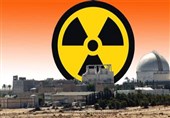 Kshmyr Brtanwy Parlymnt Ky Hmayt Ka Aelan
May 02, 2025
Kshmyr Brtanwy Parlymnt Ky Hmayt Ka Aelan
May 02, 2025 -
 Daily Lotto Results Thursday 17 April 2025
May 02, 2025
Daily Lotto Results Thursday 17 April 2025
May 02, 2025 -
 Fortnite Matchmaking Error 1 A Comprehensive Guide
May 02, 2025
Fortnite Matchmaking Error 1 A Comprehensive Guide
May 02, 2025
Latest Posts
-
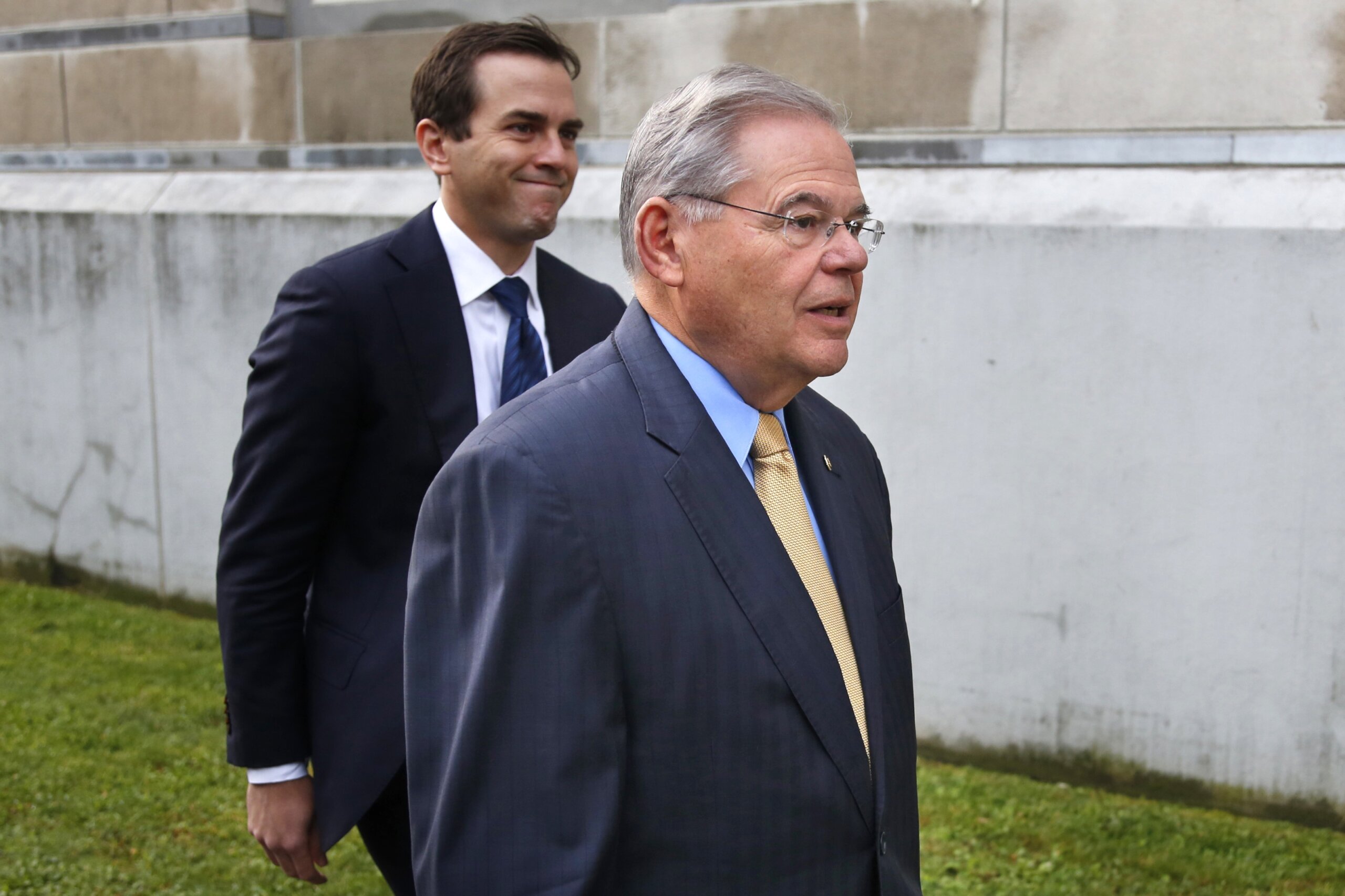 Minnesota Special House Election Understanding Ap Decision Notes
May 02, 2025
Minnesota Special House Election Understanding Ap Decision Notes
May 02, 2025 -
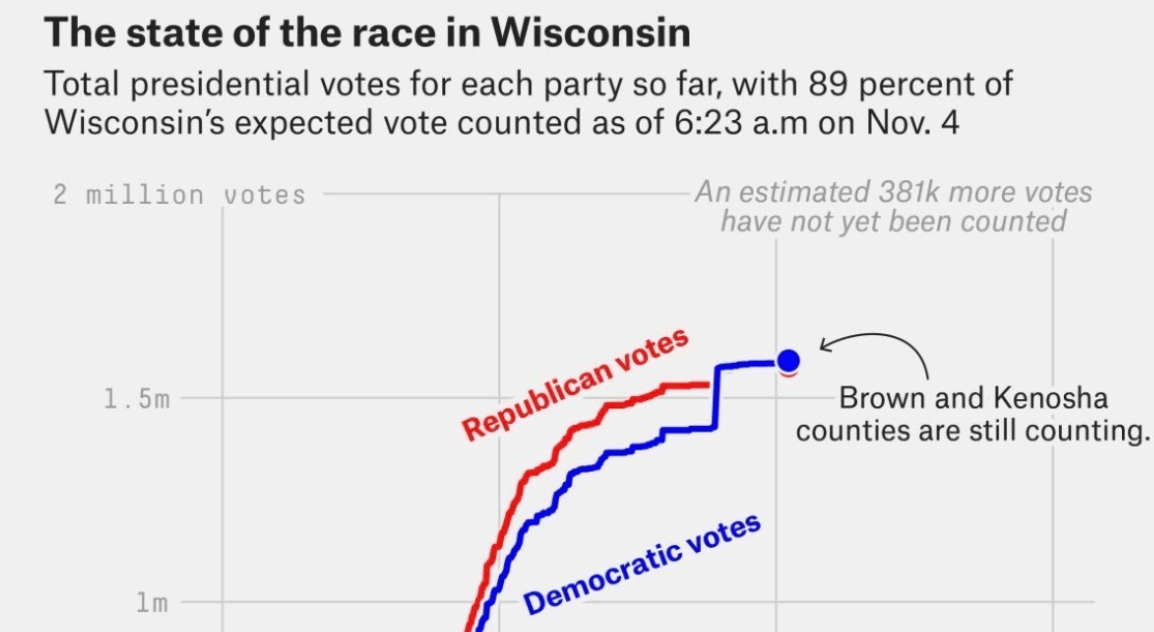 The 2024 Election And Beyond Lessons From Florida And Wisconsin Voter Turnout
May 02, 2025
The 2024 Election And Beyond Lessons From Florida And Wisconsin Voter Turnout
May 02, 2025 -
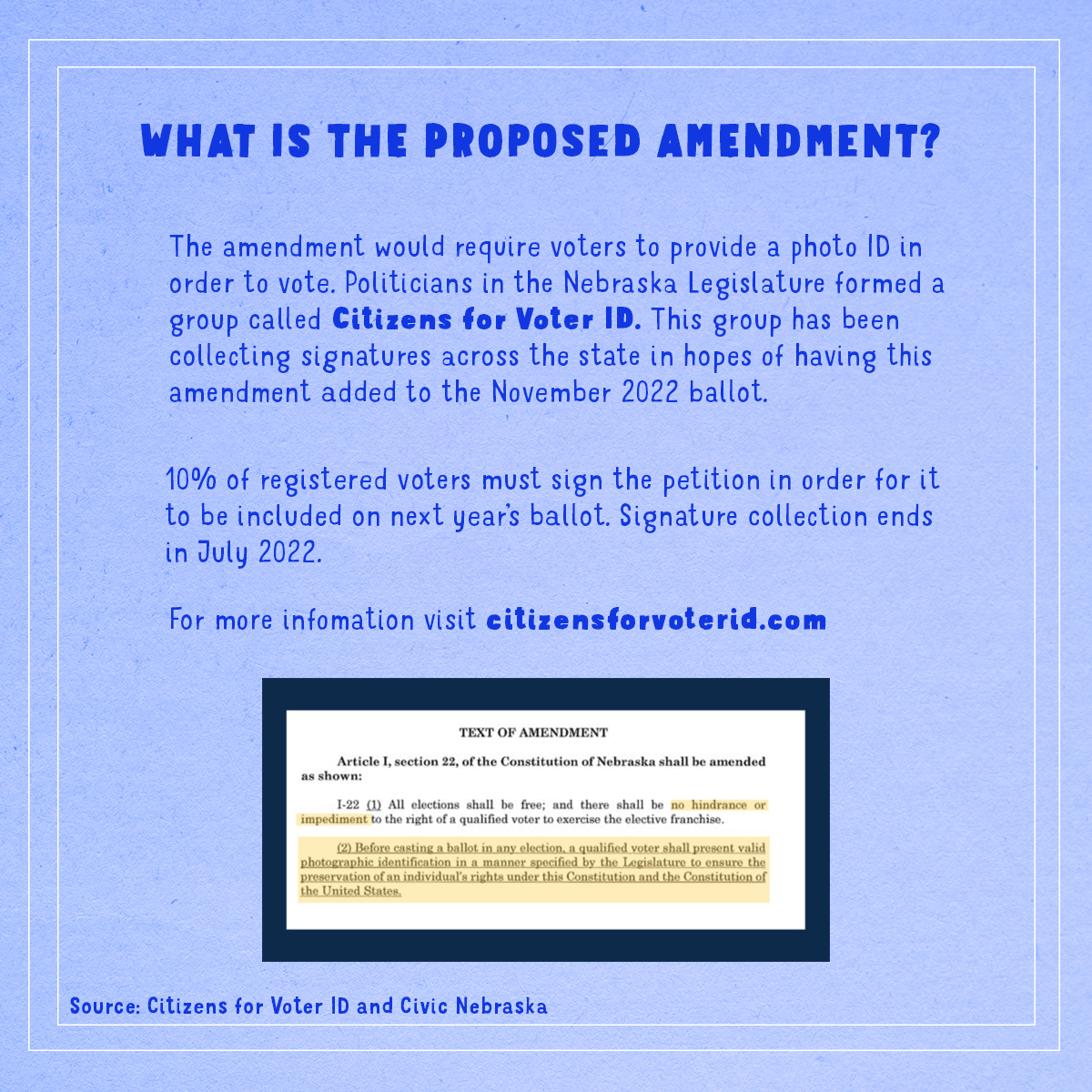 Nebraska Voter Id Campaign Best Practices And National Award
May 02, 2025
Nebraska Voter Id Campaign Best Practices And National Award
May 02, 2025 -
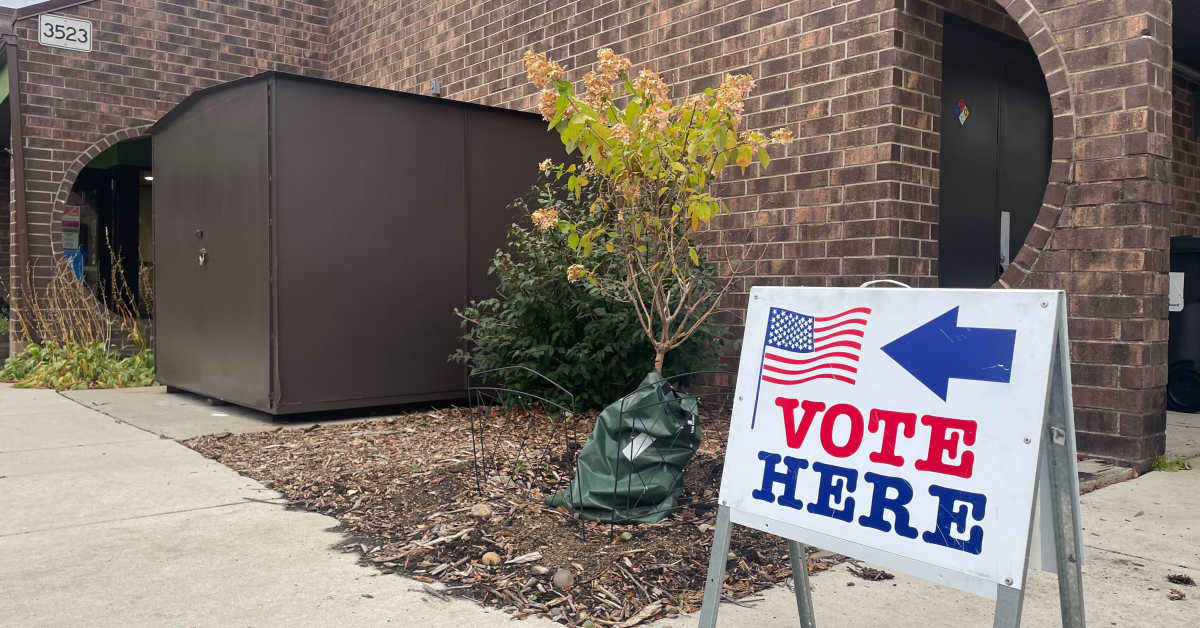 Decoding Ap Decision Notes The Minnesota House Special Election
May 02, 2025
Decoding Ap Decision Notes The Minnesota House Special Election
May 02, 2025 -
 Analyzing Voter Turnout Insights From Florida And Wisconsin Elections
May 02, 2025
Analyzing Voter Turnout Insights From Florida And Wisconsin Elections
May 02, 2025
